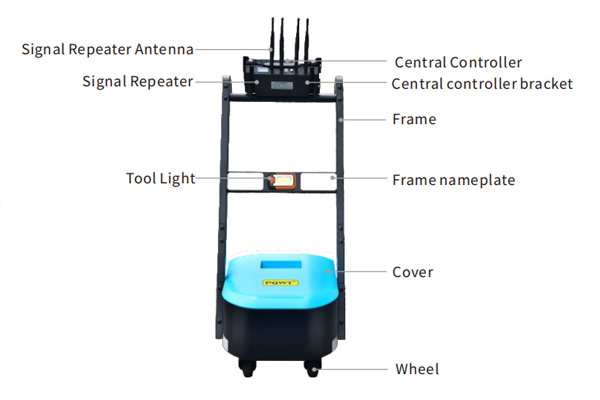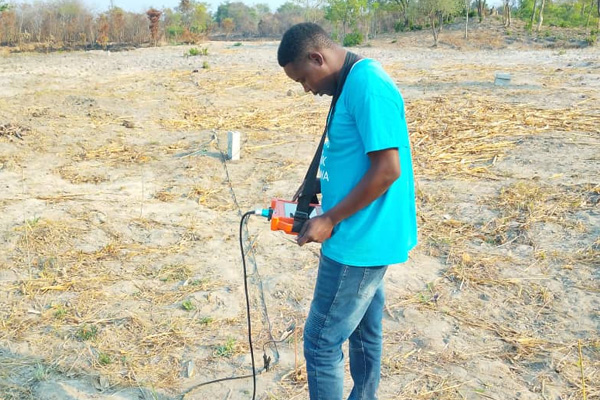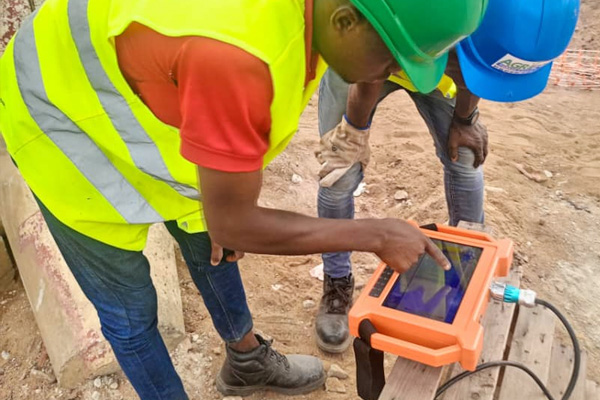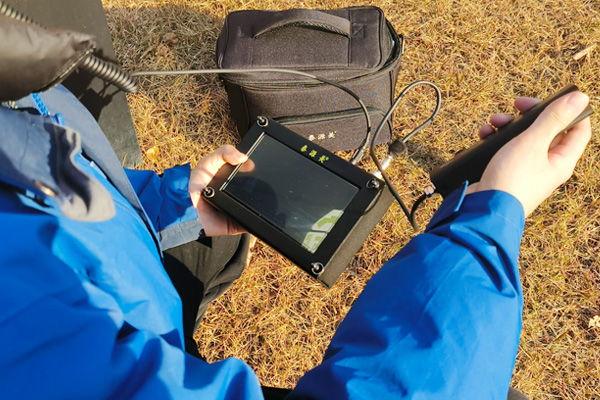In water supply systems, leakage of pipelines not only leads to waste of water resources, but also may affect the lives of residents and the production of enterprises. Therefore, fast and accurate detection and localization of leakage points has become an important task in water supply management. Underground water detection, as a pipeline leakage detection method based on sound detection, has become the best among many tools.
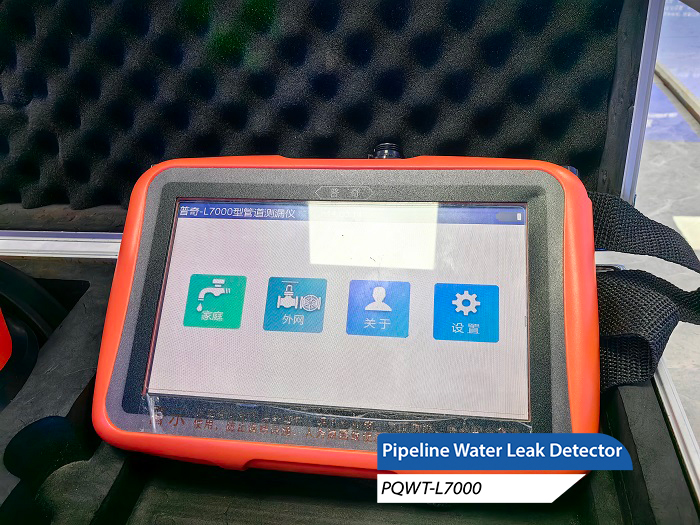
Principle of operation and components
Underground water detection utilizes the conductive properties of sound to amplify and conduct the weak sound generated by a leak in a water pipe to an instrument. This instrument usually consists of a probe and a main unit. The probe captures the sound signals from the pipe, while the main unit amplifies and processes these signals, making it easier for the operator to hear and recognize the sound of the leak.
Advantage Analysis
1. Simple and easy to use: compared with traditional leakage detection methods, underground water detection does not require complex equipment and technical support. The operator only needs to place the end of the instrument on the surface of the pipe or close to the leakage point, and can determine the existence and location of the leakage through hearing.
2. Rapid location: Underground water detection can quickly locate the leakage point in a short period of time, which helps maintenance personnel to quickly determine the specific location of the leakage, thus accelerating the speed of repair and reducing the waste of water resources.
3. Low cost: compared with some advanced technology and equipment, the cost of underground water detection is low, suitable for small-scale leakage detection and repair work.
Limitations
Despite the many advantages of underground water detection, there are some limitations and restrictions. First, this method relies on the operator's auditory judgment, which requires a certain amount of experience and expertise on the part of the operator. Second, noise and other disturbing sounds in the surrounding environment may interfere with the accuracy and reliability of underground water detection.
Application Scenarios and Prospects
Underground water detection is suitable for smaller scale water supply pipelines and some specific scenes, such as residential neighborhoods and industrial parks. In practical application, in order to improve the accuracy and efficiency, it can be combined with other effective leakage detection methods, such as pressure test and infrared detection.
With the advancement of technology and the continuous improvement of water supply system, underground water detection will also be upgraded and improved. In the future, we can look forward to the introduction of more intelligent and efficient underground water detection devices, which will provide a strong guarantee for the safety and stability of the water supply system.
As a pipe leakage detection method based on sound detection, underground water detection plays an important role in water supply management with its advantages of simplicity, quick location and low cost. However, we should also recognize its limitations and restrictions and combine other methods to improve the accuracy and efficiency of leakage detection. With the continuous advancement of technology, we believe that the future of underground water detection will bring us a more convenient and efficient leakage detection experience.





